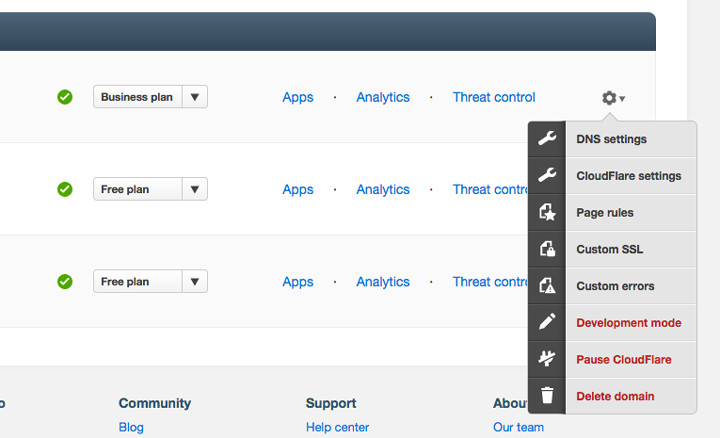0
What can your Apple Watch do without your iPhone?
Strapped to your wrist, the Apple Watch goes everywhere that you go. Between it and the iPhone, it’s almost possible to leave your wallet at home. But what happens to the Watch when you leave your iPhone at home?Smart as the Apple Watch is, it’s still dependent on your smartphone for a number of its most common features, most notably anything that requires access to the Internet or pulls data from apps on your phone. But even should your iPhone be elsewhere—or off—your Apple Watch is still a pretty competent device. Time is of the essence Obviously the watch can tell time whether your iPhone is around or not. If it couldn't, that would be downright nutty.To read this article in full or to leave a comment, please click here







 News from Cumulus, Cavium, Penguin, SanDisk, and more.
News from Cumulus, Cavium, Penguin, SanDisk, and more.